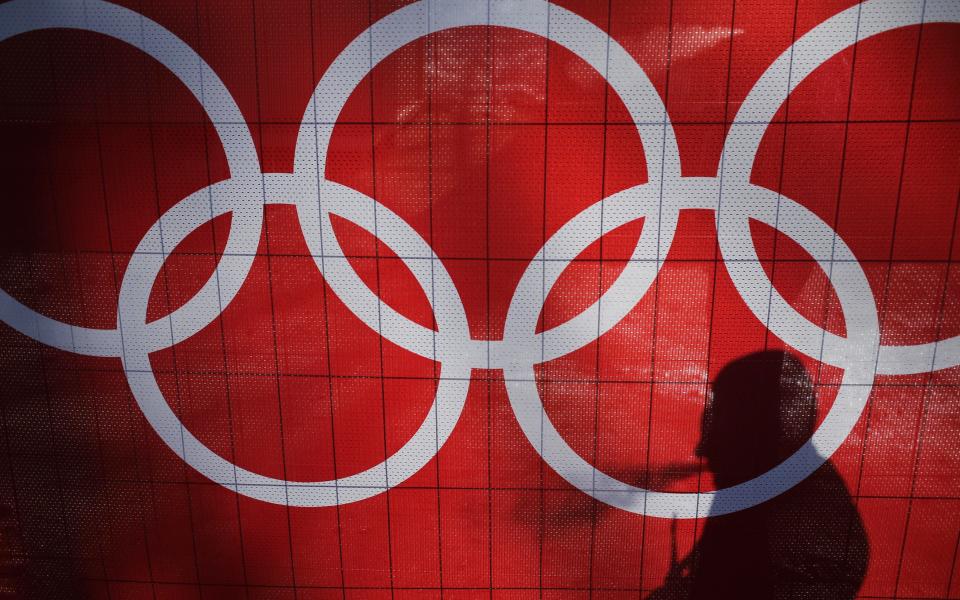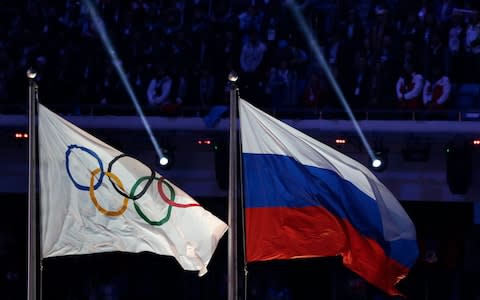Russia ignored requests to inspect lab, says Wada

There was no end in sight to Russia’s exile from world athletics and Paralympic sport on Wednesday after the president of the World Anti-Doping Agency revealed the disgraced country had ignored four separate requests for access to hundreds of samples at the centre of sport’s biggest drugs scandal.
Sir Craig Reedie confirmed the Russian Anti-Doping Agency (Rusada) would remain suspended until it allowed independent inspectors into the Moscow laboratory involved in covering up positive tests and accepted the findings of the two major investigations that established proof of the nation’s systemic cheating.
Rusada, suspended since November 2015, has met all the other requirements on Wada’s road map for reinstatement, but Reedie told Wada’s 14th annual symposium in Lausanne that there has been no progress at all on the last two points, despite 15 months of talks.
“We want to welcome an independent and efficient Rusada back in from the cold – it’s just a pity that progress is so slow from the Russian authorities,” he told the 900 delegates present.
“We have been trying to persuade them to recognise and accept as true the systemic doping as revealed by the investigations led by Professor Richard McLaren and Samuel Schmid, which was the basis of the recent International Olympic Committee decision on Russia’s neutral status at the Winter Olympics.

“We made an offer to senior Russian officials in Pyeongchang to visit the Moscow laboratory together but it seems our offer has fallen on deaf ears. We have also written to the Russian Investigatory Committee four times to offer our help and we have not had a single response.
“The big losers here are Russian athletes. Their participation in future events will continue to be put in doubt and the rest of the world will not be convinced any meaningful change has taken place. Real action is needed. It’s time for this situation to change. If not, it will damage sport – every Russian victory will be doubted.”
The reinstatement of Rusada is one of the key criteria for the lifting of the bans imposed on Russia’s athletics federation and Paralympic committee.
Earlier in his opening address to the conference, the largest of its kind, Reedie denied the global anti-doping system was “broken” but admitted more work was required to ensure Wada’s rules were being followed in every nation, not just Russia.
One of the key issues for the Montreal-based organisation remains funding and Reedie welcomed the recent announcement that its £20 million annual budget, financed on a 50-50 basis by the International Olympic Committee and national governments, would be increased by eight per cent this year.
However, the need for more money was spelt out by Olivier Niggli, Wada’s director general, in his speech on the agency’s strategic priorities.
Niggli said Wada had recently doubled its investigations and intelligence team from three to six people, with a seventh joining soon, but revealed it was currently only able to deal with 12 per cent of the information it received from whistle-blowers.

 Yahoo Sport
Yahoo Sport 





































